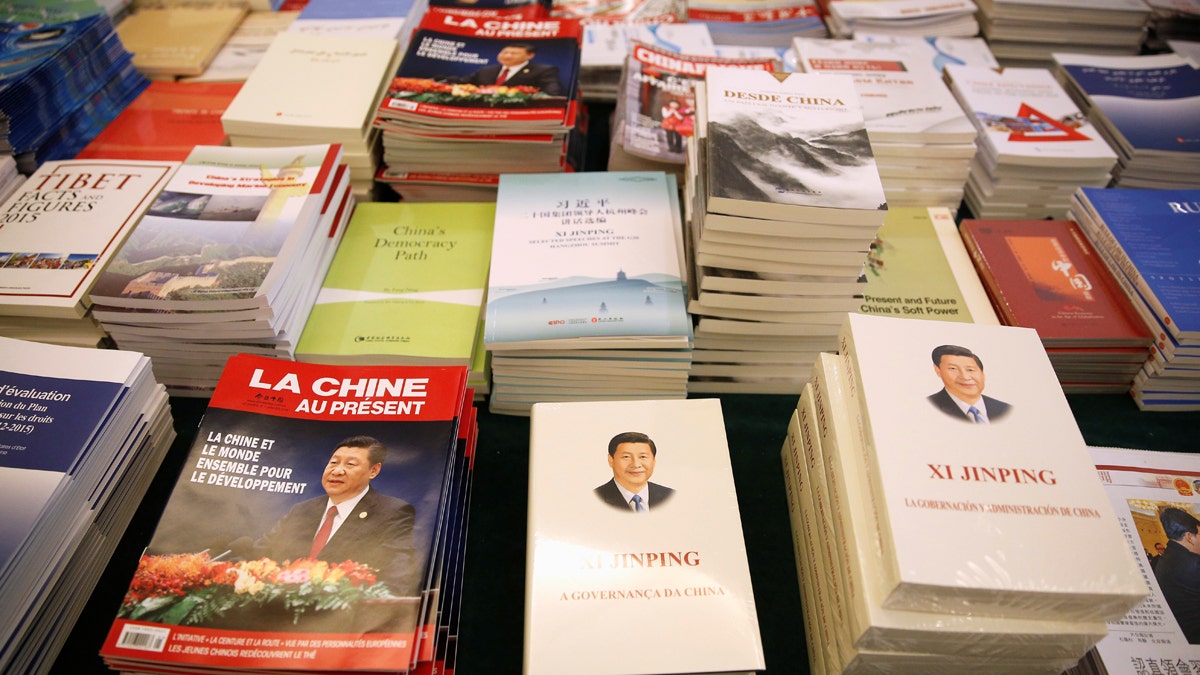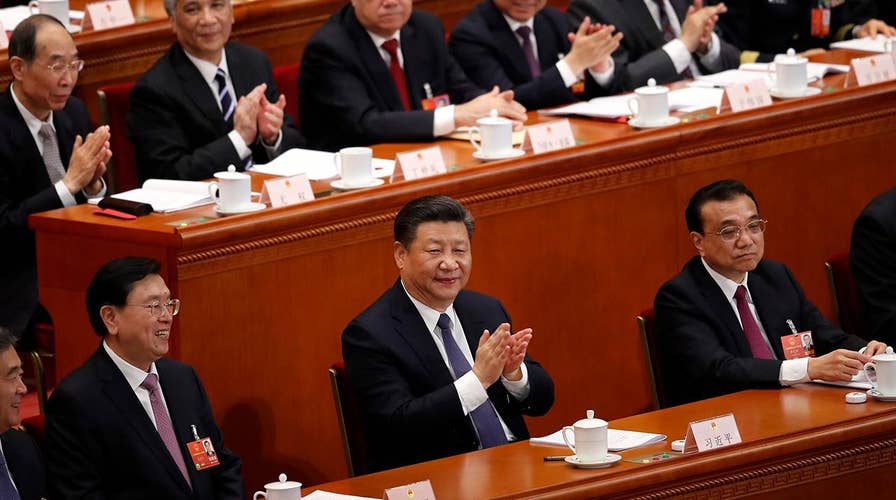Lawmakers in China abolish presidential term limits
President Xi Jinping may now remain in office indefinitely.
China removed presidential term limits from its constitution on Sunday, giving President Xi Jinping the right to remain in office indefinitely.
The country's ruling Communist Party announced the proposed amendment only last month and there was never any doubt it would pass because its rubber-stamp parliament is packed with loyal party members.
Reuters reports that Xi’s political theory was also inserted into the constitution, a feat no other leader since Mao had managed while in office. Additionally, clauses were included to give a legal framework to a new super anti-corruption department.
Schoolchildren, college students and staff at state factories will have to study the political ideology, which the Communist Party is trying to portray as a new chapter for modern China, reports BBC.
Only two no votes were cast, with three abstentions, from almost 3,000 delegates.
Xi cast his vote first, on the podium at the front of the hall, followed in turn by the other six members of the party’s elite Standing Committee, which runs China.

Magazines and books, featuring Chinese President Xi Jinping on the cover, are seen at the media center during the China's National People's Congress (NPC) in Beijing, March 7, 2018. (Reuters)
The room erupted into loud applause when the result of the vote was passed, and Xi was seen applauding as well, but he did not address parliament.
However, history is filled with examples of countries that have gone in the direction of autocracy and dictatorship and regretted it.
"There is a tendency for erratic and sometimes unwise policy choices," Erica Frantz, a Michigan State University political scientist who studies dictatorships, told the Associated Press via email. Those include "more belligerent foreign policy" and greater likelihood of war.
On paper, deleting term limits on Xi's ceremonial post as president from China's constitution is a modest change compared with the increased power he has amassed since becoming ruling party leader in 2012.
But the decision crystalized fears Beijing was discarding shared leadership developed since the 1980s. That system is meant to guard against the excesses of autocratic rule by requiring ruling party figures to give up power on schedule.
"It is likely that over time the quality of his choices will deteriorate," Frantz said.
Some other countries that have experience with one-man rule include Russia and North Korea.
The Associated Press contributed to this report.

